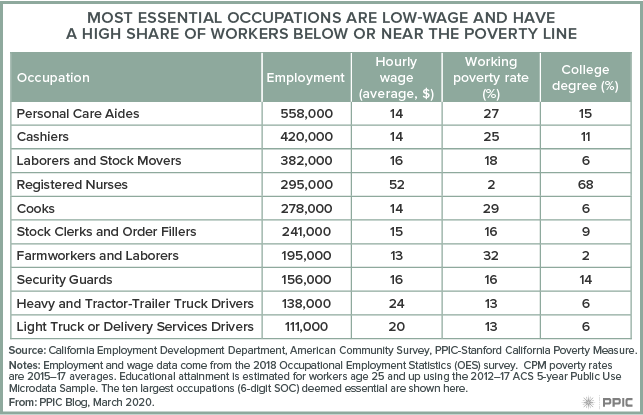A College Degree Contributes in a Major Way to a Healthier, Longer Life
(Posted on Wednesday, May 1, 2024)
This story is part of a series on health inequities in the United States and their impact on length of life. These articles will focus specifically on factors related to poverty, race, and geography.
In an increasingly competitive job market, many recent studies have found that a college degree, which was once an entry level requirement for a well paying job, may not be as important as in years past. In fact, many workers without higher education degrees are finding that they’re able to enjoy comparable salaries to those with degrees without the ever growing burden of student debt. According to a recent LinkedIn study, nearly 70% of American jobs require a bachelor’s degree, while only 37% of the workforce has one. Some states, including the state of Maryland, have stripped bachelor’s degree requirements from job postings altogether, including those for government positions.
These trends, however, may be overlooking the large impact a college degree has on personal health. Studies of health inequities have shown that college graduates have tend to have greater access to healthcare, greater salaries, safer jobs, and safer housing than those without which contributes to longer, healthier lives.
Education and Employment
Although those without degrees are increasingly finding broader employment opportunities, those who hold college degrees typically have greater access to healthcare because they have jobs with higher incomes and better health insurance.
As many health inequity studies show, poverty and lack of health insurance can have very large negative impacts on health. Those with higher degrees often have higher self reported health ratings and lower rates of heart disease, depression, and diabetes than those with up to a high school diploma. Those who live in poverty, however, tend to have worse health outcomes and are often unable to pursue college degrees due to the rising cost of education. In 2020, about 25% of adults without a high school diploma were in poverty, compared with just 4% of those with at least a bachelor’s degree. During that same period, about 30% of adults with less than a high school degree were uninsured compared to only 5% of those with a bachelor’s degree or higher.
Education not only affects your salary and health insurance status, but also the industry that you work in. During the early years of the COVID pandemic, those without college degrees were most likely to be essential workers and have greater exposure to the virus and therefore, a greater chance of getting sick. One study found that during the first year of the pandemic those with less than a high school degree had five times the risk of dying from COVID than those with postgraduate degrees.

Most essential occupations are low-wage and have a high share of workers below or near the poverty line. SOURCE: PUBLIC POLICY INSTITUTE OF CALIFORNIA HTTPS://WWW.PPIC.ORG/BLOG/ESSENTIAL-WORKERS-AND-COVID-19/
Education and Housing
Higher levels of education also come with safer and more secure housing. Adults with less than a bachelor’s degree are more likely to live in substandard housing which can increase exposure to toxins including lead and mold. Those with less education are also more likely to live in heavily polluted areas such as those near airports and major highways. The poorer air quality and increased exposure to toxins often lead to higher rates of respiratory illness. One study found that residents who lived within six miles of a major California airport had 17% more hospital admissions for asthma and chronic obstructive pulmonary disease (COPD) than the state average.
Education, Health Literacy, and Self Advocacy
Higher education is also associated with greater health literacy or the ability to find, understand, and use health information to make healthier decisions. Greater health literacy is associated with behaviors including higher vaccination rates and better consistency in taking prescribed medication. Health literacy also helps patients advocate for themselves and their needs. In some cases, the ability to make your own health decisions can be the difference between life and death. Research studies have found that women who advocate for the inclusion of doulas and midwives in their medical care team are up to 40% less likely to have a cesarean birth. This greatly reduces the chance of deadly post birth complications including blood clots, which are three times more likely after a cesarean birth.
Along with other social determinants of health including poverty and health insurance access, inequities in education are closely tied to inequities in health. As the landscape of the United States economy changes, however, many who have been systematically barred from pursuing higher education are now finding Bachelor degrees increasingly obsolete. Still, this shift has not been enough to overcome the poverty gap and its resulting health inequities. As such, ensuring equal access to education by expanding affordability of college and providing students with better resources will be an important tool to close that gap.

